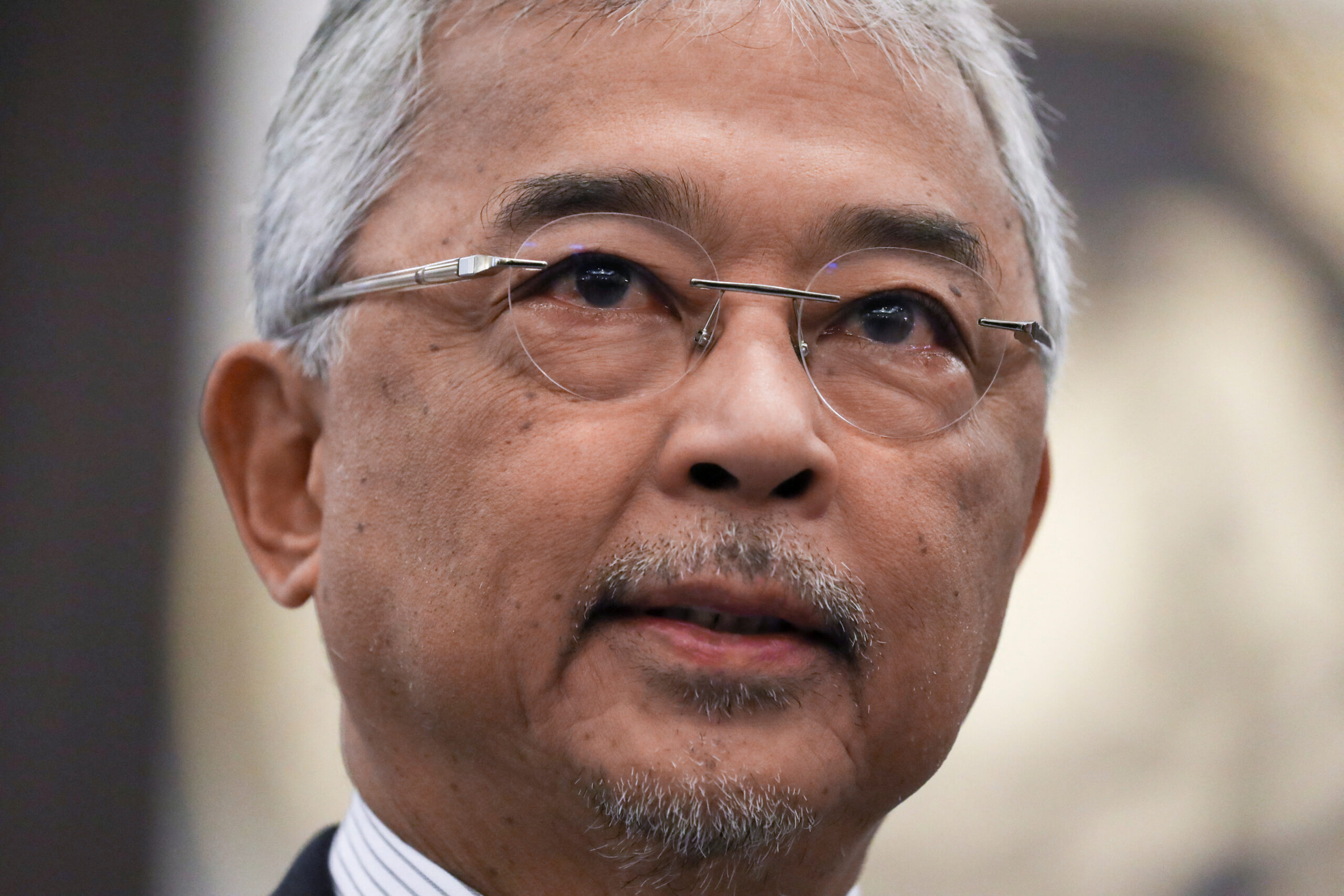Is there a secret to longevity? This health expert says 1,000% yes
In the era of social media, post-COVID, and with mental health at the forefront, a shift is taking […]

Malaysia’s King Al-Sultan Abdullah has underlined the importance of government stability, cautioning that prolonged political unrest could result in a loss of investors and hinder the country’s competitiveness. He also advocated for future monarchs to play a more significant role in representing Malaysia on the international stage.
Although the monarchy traditionally assumes a ceremonial function in Malaysia and is generally considered separate from politics, political turmoil during Al-Sultan Abdullah’s reign has led to an increased influence of the monarchy. The king has exercised infrequently used discretionary powers to appoint the last three prime ministers of the country. Malaysia’s unique system of monarchy involves the rotation of the heads of the nine royal families, with each serving as king for a five-year term.
Having ascended the throne in 2019, Al-Sultan Abdullah is set to return to lead his home state of Pahang, with Sultan Ibrahim Sultan Iskandar of Johor slated to be crowned as the next king in a coronation ceremony on the end of the week. In a departure from the usual diplomatic language, Al-Sultan Abdullah openly expressed disappointment with Malaysia’s conflicting political parties, cautioning that frequent changes in government administration and policies could pose a threat to economic progress.
He stressed the significance of stability for attracting foreign investors, asserting that a country with a stable political environment is more appealing to investors seeking quick returns. Al-Sultan Abdullah highlighted the potential drawbacks of continually changing governments, emphasizing the need for Malaysia to maintain competitiveness and avoid the pitfalls of an unstable government.
Expressing optimism about Prime Minister Anwar Ibrahim’s administration, Al-Sultan Abdullah expressed the hope that it would endure its full five-year term, allowing for crucial reforms, including an overhaul of Malaysia’s subsidy program. Anwar, who also serves as the finance minister, has announced a shift in the 2024 spending plan, moving away from blanket subsidies toward a system that primarily supports lower-income groups. Malaysia currently subsidizes various items such as petrol, cooking oil, and rice, and the expenses associated with these subsidies have surged in recent years due to escalating commodity prices.
Al-Sultan Abdullah’s public statement aligns with his desire for a stable and enduring government, even as allegations of a plot to topple the government surfaced in the political landscape. Accusations were levelled at several figures from both the opposition and ruling bloc, although some leaders from these factions denied any involvement in the alleged plot, as reported by the media.
In Malaysia, the sultans hold significant respect within the predominantly Muslim nation, serving as custodians of Islam. Operating within a constitutional monarchy framework, the king typically acts based on the advice of the prime minister and the cabinet. However, he possesses discretionary powers, including the authority to appoint a prime minister believed to command a parliamentary majority. Al-Sultan Abdullah has exercised this power three times, most recently in 2022 when he appointed Anwar after an election resulted in a hung parliament.
Al-Sultan Abdullah advocates for the strengthening of the monarchy and suggests a role for the king in representing Malaysia abroad on issues not conflicting with government administration, such as climate change advocacy. Emphasizing the importance of adhering to constitutional limits, he underscores the rulers’ need to understand their roles to foster closer connections with the people.
The incoming successor, Sultan Ibrahim, expresses a desire to be a more active monarch. Notably outspoken, Sultan Ibrahim has diverse business interests, ranging from mining to real estate, particularly in Johor, his southern home state just north of Singapore. He plans to revive a stalled high-speed rail link project with Singapore, involving a border crossing through Forest City – a $100-billion China-backed land reclamation and development project in which the sultan holds a stake. Additionally, he proposes direct reporting of Malaysia’s state oil firm Petronas and its anti-corruption agency to the king.
Prime Minister Anwar downplayed concerns over Sultan Ibrahim’s statements. He said all opinions can be discussed, they must be in line with the federal constitution.

In the era of social media, post-COVID, and with mental health at the forefront, a shift is taking […]

With its fast speeds and revolutionary potential, 5G stands out as a noteworthy milestone in the field of […]